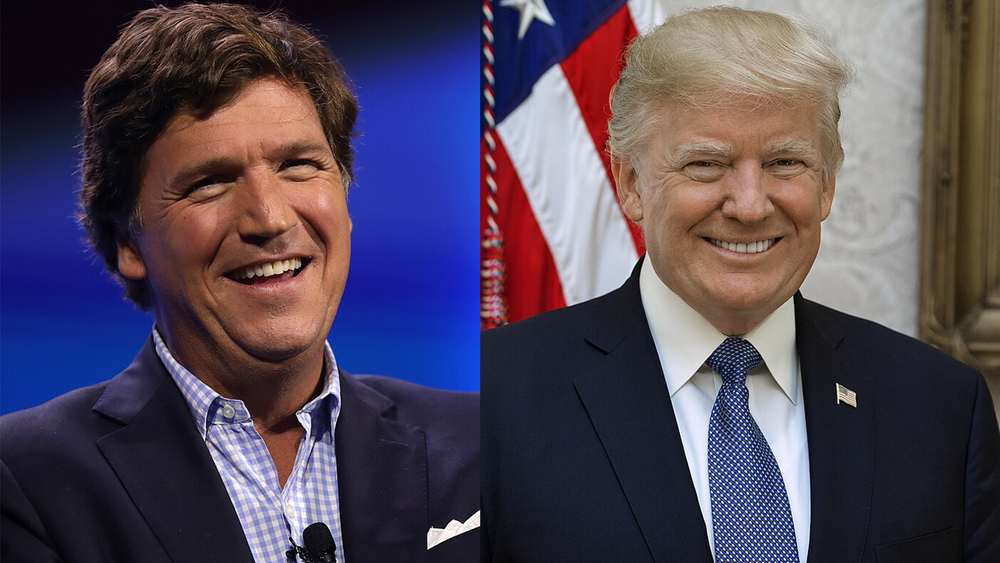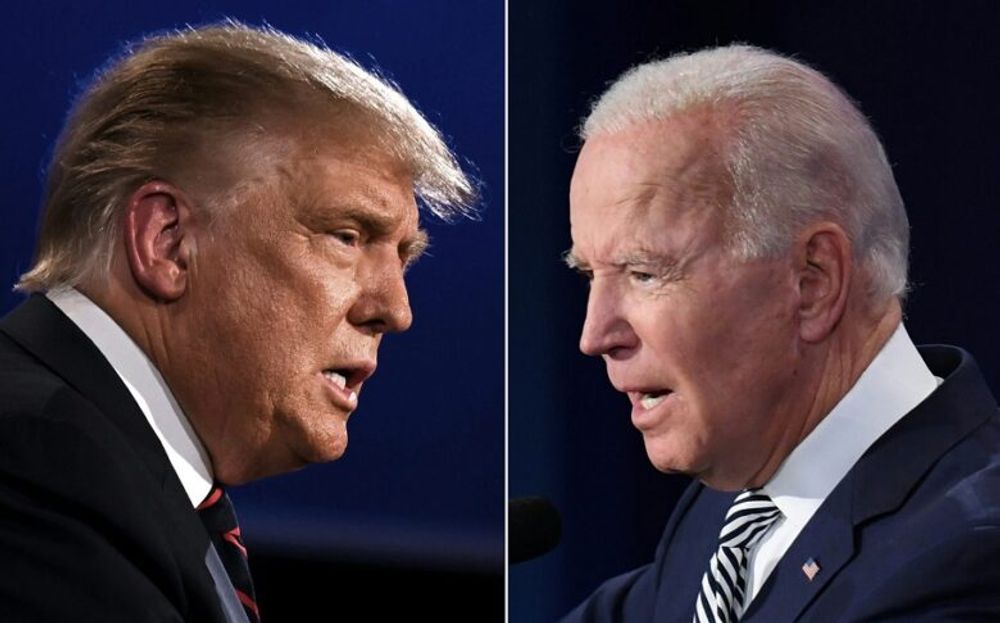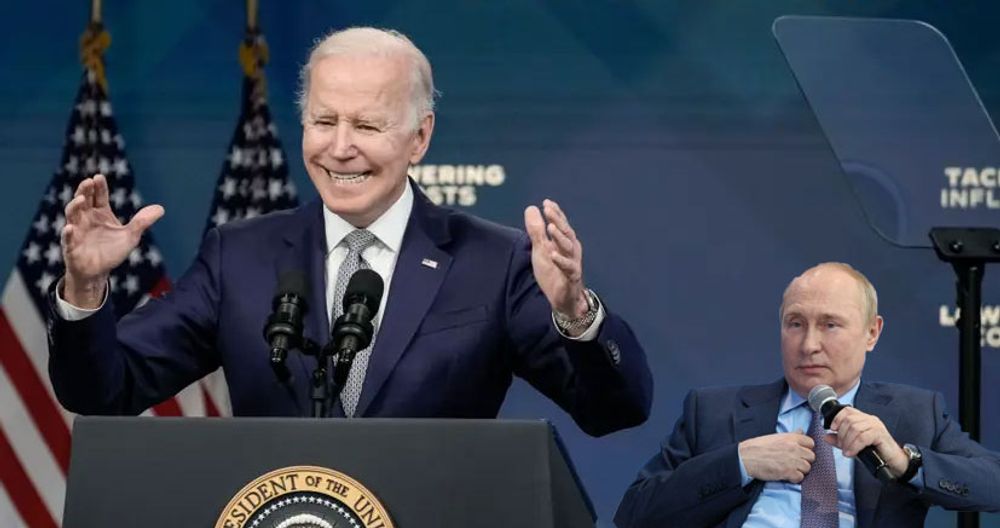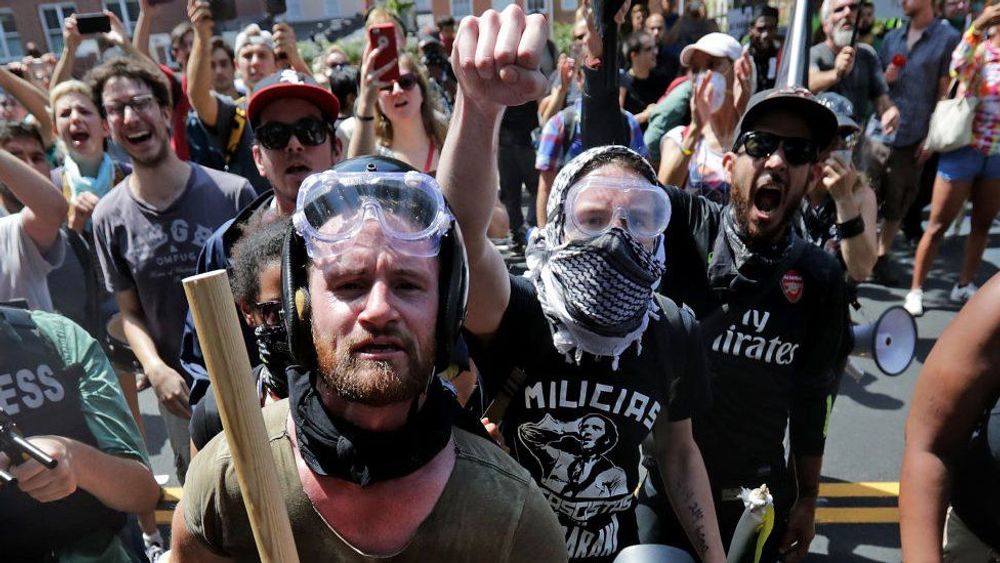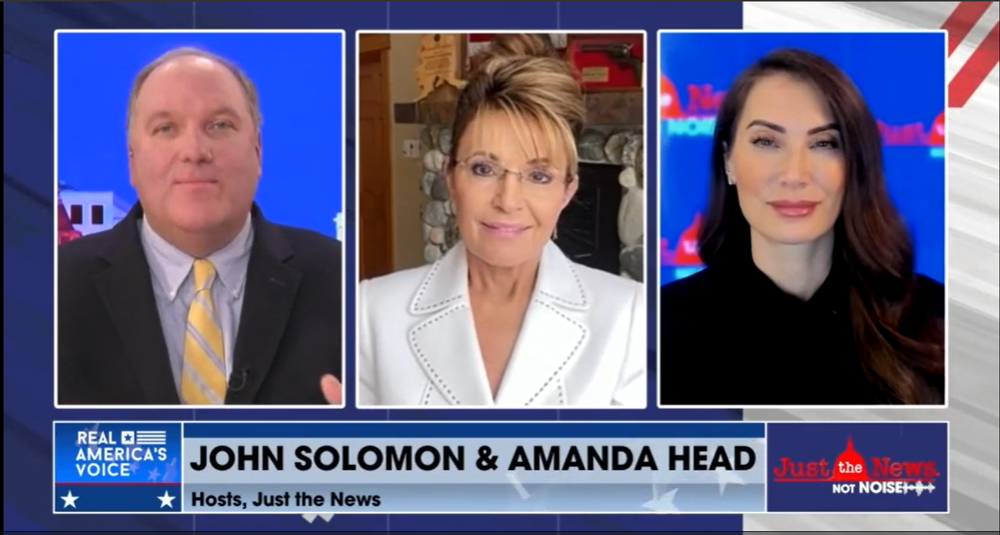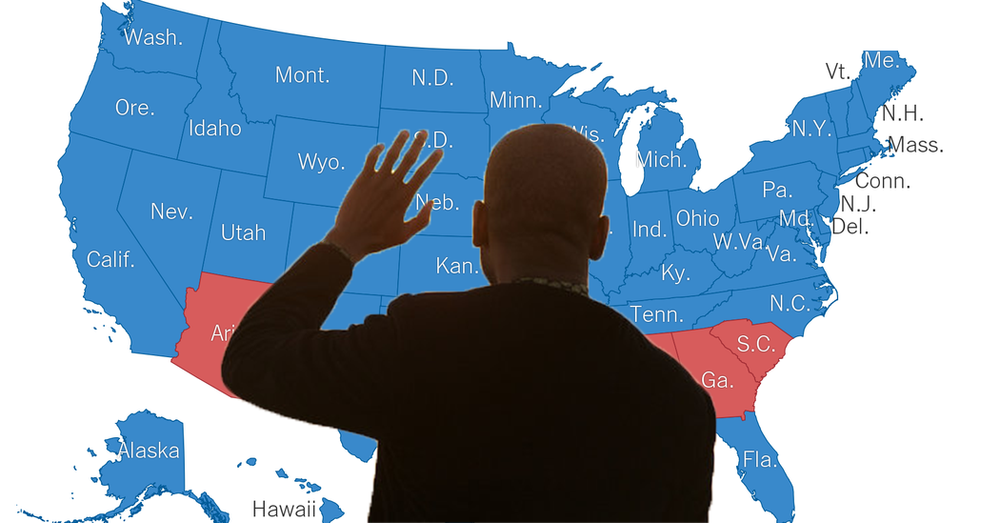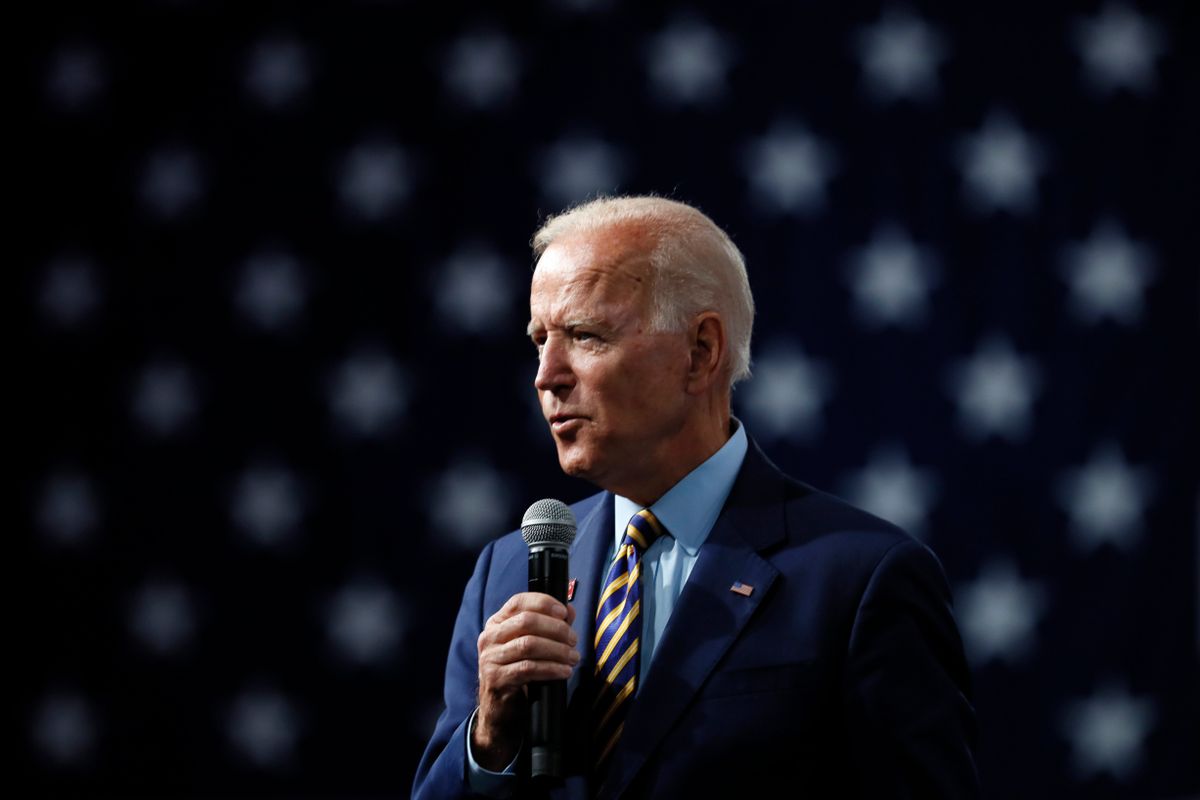
As Rivals Head to California, Biden Chooses New Hampshire
Joe Biden won’t be among the parade of White House hopefuls in California this week, skipping the Democratic National Committee’s summer meeting to campaign in New Hampshire instead.
The former vice president will have the nation’s first primary state essentially to himself as his top rivals jockey for attention from hundreds of Democratic officials gathered in San Francisco for the party’s last national meeting before presidential voting begins in February.
Biden’s choice is partly a reflection of Democrats’ new rules that strip DNC members of their presidential nominating votes on the first 2020 convention ballot. But it’s just as much an indication of Biden’s deliberate front-runner strategy as he continues to lead national and state primary polls: The 76-year-old candidate is choosing carefully when to appear alongside the candidates who are trying to upend him, and he’s keeping a distance, at least publicly, from the party machinery that ultimately proved an albatross to Hillary Clinton in her 2016 loss to Donald Trump.
“He has a real commitment to be in the early states,” said Biden’s campaign chairman, Cedric Richmond, pointing to Biden’s recent four-day swing through Iowa, the first caucus state, along with upcoming trips to South Carolina and Nevada and a return to Iowa. “I wouldn’t make any more of the scheduling decision than that.”
Indeed, Biden has joined multicandidate “cattle calls” in Iowa; Nevada, the first Western state in the nominating process; and South Carolina, which hosts the South’s first primary.
The Biden campaign also isn’t ignoring the DNC. Campaign manager Greg Schultz will be in San Francisco on his boss’s behalf. Yet the national Democratic gathering is a notable absence for the candidate himself, given Biden’s deep connections across the party as a two-term vice president and six-term senator who’s run for president twice before; and Biden aides have noted quietly that they are keenly aware of the criticism Clinton absorbed in 2016 as progressive activists who backed Bernie Sanders accused the DNC of favoritism. Biden’s team doesn’t want a repeat if he’s the nominee.
With Biden away, DNC members will hear from, among others, Sanders and his fellow senators Elizabeth Warren and Kamala Harris, the hometown favorite who served previously as a local prosecutor and California attorney general. Several candidates have scheduled their own events in California beyond the DNC sessions.
California will be critical to the nomination after moving up its primary to join a Southern-heavy Super Tuesday lineup next March. The state will have 400 pledged delegates at stake, the largest of any state and about a fifth of the total necessary to win the nomination.
Democrats in California criticized Biden’s absence in the spring, but prominent DNC member and Californian Christine Pelosi said it makes sense this time around given the audience.
“We’re not a room of 400 superdelegates anymore,” said Pelosi, a daughter of House Speaker Nancy Pelosi. “We’re just a room full of activists. … And everyone knows Vice President Biden. This is far more important for candidates who aren’t as well known.”
That said, Pelosi noted that party events in California can sometimes draw boisterous crowds of progressives, like the one at the state party convention that jeered as some party moderates warned against veering too far left. And while Biden certainly wouldn’t face a hostile crowd of DNC delegates, there’s plenty of potential for activists or protesters to make their presence known.
“Some people can crash and scream,” said Pelosi, who says she will not publicly back a candidate during the nomination process. “That might make for good TV, but it’s not really advancing the cause” or ideal for Biden.
There’s also another variable for Biden — and his fellow candidates — to consider: the big money that it takes to compete in California. In New Hampshire and Iowa, voters expect aggressive retail politics and close contact with would-be presidents. That doesn’t work in a state of 40 million residents, with candidates instead forced to spend heavily on traditional television advertising and digital ads to reach voters.
“He will be back to California again,” Richmond said. “And we will have the resources to compete there.”
 Michael Bennet Banking on Moderation in Age of TrumpNext PostIsrael Has Right to Deny Subversive Individuals
Michael Bennet Banking on Moderation in Age of TrumpNext PostIsrael Has Right to Deny Subversive Individuals
